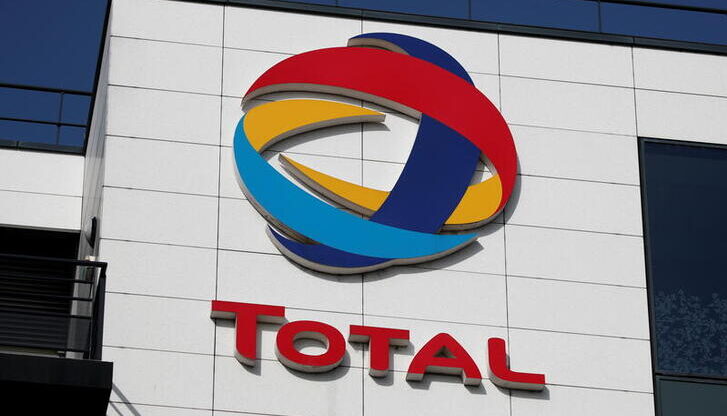African real-estate investor Grit Real Estate is still trying to close its proposed purchase of private developer Gateway Real Estate Africa (GREA) after a fundraising intended to finance the plan fell short.
The company is “working hard” to close the purchase by March 31, Grit’s head of strategy and capital markets Darren Veenhuis said on a briefing after the company published results for the six months to the end of December. Grit will update the market in due course, he said.
Grit in December sought to raise $215m to reduce debt and buy a majority stake in GREA but ended up with only $76m. GREA currently has a net asset value of about $190m which will increase to about $280m as its development projects reach completion. Those projects are fully funded and will not need any further capital from Grit.
GREA’s portfolio, which includes data centres and healthcare, is spread across Ghana, Senegal, Nigeria, Ethiopia, Kenya and Zambia. Grit is seeking to control GREA as part of its strategy of moving away from retail assets to refocus on embassies, corporate accommodation and light industrial facilities. These assets proved “highly resilient” during Covid-19, CEO Bronwyn Knight said on the call.
- Grit won’t be selling out of its retail investments at any price, Knight said. “We do want to wait and see recovery” in retail-asset prices.
- Operations have stabilised in terms of occupancy and property valuation as the recovery from Covid-19 has started, Knight said.
- The amount of contractual rent collected climbed to 94.9% from 91.4% a year earlier.
- The group reduced net debt from $411m at the end of June to $363m at the end of December. It is in discussions with its lenders to incorporate upcoming maturities into larger debt syndication.
Carbon Emissions Target
The company is paying a dividend of 2.5 US cents for the six months to the end of December, which is the first half of its 2021-2022 financial year. Grit says it will pay at least 80% of distributable earnings from existing property assets. The target for the current financial year of between 5 to 6 cents per share (4.48 pence), which would be a yield of about 13% to the current share price of 34.16 pence.
Such a high yield, which excludes the company’s plan for a share buyback, suggests market scepticism that it will be able to carry out its strategy. Grit’s strategic refocus also raises questions on environmental, social and governance (ESG) criteria.
- The company’s second-largest tenant at the end of December was TotalEnergies, which Grit’s results presentation describes as a “mining and natural resources” company.
- Better known as an oil company, TotalEnergies accounted for 10.1% of Grit’s income at the end of December. Tullow Oil comes in eighth place, accounting for 3% of income, and Exxon in 11th with 2.4%.
- Grit has a carbon emissions reduction target of 25% from its own operations by 2025. But in emissions terms, being a landlord is in itself small beer compared with what the properties are used for.
- The company has “to understand the sustainability programme” of its tenants, “and we do for Total,” Knight said on the call, without elaborating.
Bottom Line
Grit faces a trade-off between a credible sustainability agenda and the range of corporates it will accept as tenants.
Understand Africa’s tomorrow… today
We believe that Africa is poorly represented, and badly under-estimated. Beyond the vast opportunity manifest in African markets, we highlight people who make a difference; leaders turning the tide, youth driving change, and an indefatigable business community. That is what we believe will change the continent, and that is what we report on. With hard-hitting investigations, innovative analysis and deep dives into countries and sectors, The Africa Report delivers the insight you need.
View subscription options

